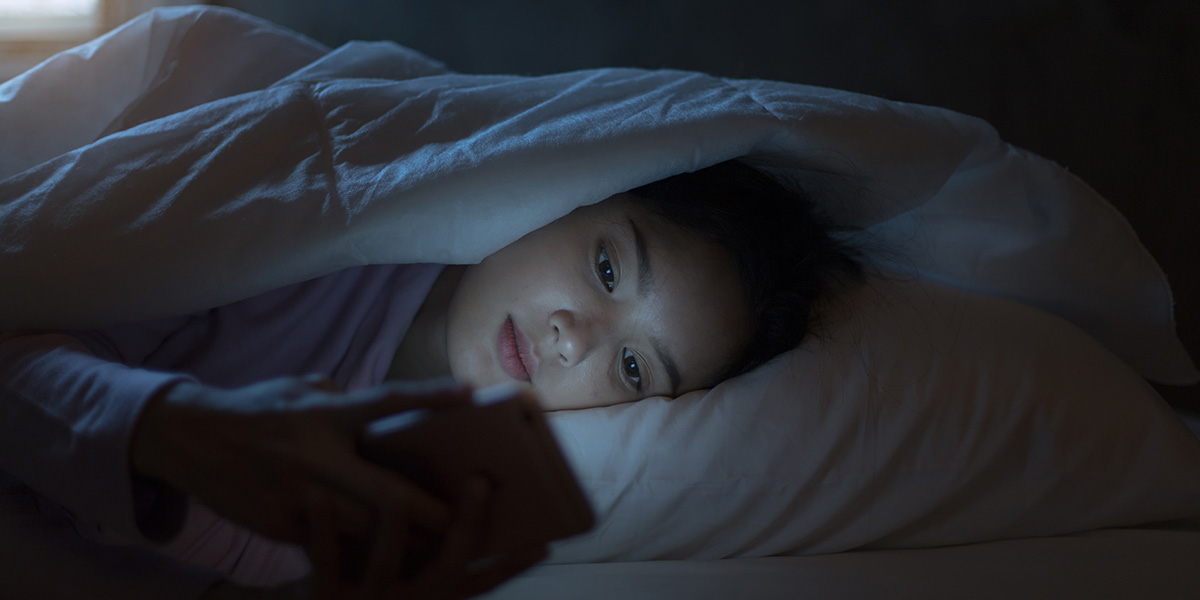Most of us don’t get enough sleep. The recommended hours of sleep for most healthy adults range between 7 to 9 hours for optimal function. However, the quality of the sleep is just as important as the quantity of sleep we get. Here are some tips to get a more restful and uninterrupted sleep.
Stay active
Exercise keeps the weight off, but did you know that it also allows more restful sleep? That’s because it boosts the effect of natural sleep hormones such as melatonin. A caveat: Avoid breaking a sweat too close to bedtime as it may be too stimulating for the body.
The bed is not the office
Do not answer phone calls and respond to emails in bed. Avoid watching television or browsing the internet on your phone or laptop there as well. The bed should be a stimulus for sleeping, not for activity. Reserve your bed for sleep.
Comfort is key
Ambience has a significant impact on your sleep quality. Ensure your bedroom is as comfortable as possible. Ideally you would want a peaceful, quiet, dim and cool environment as all these things promote the onset of sleep.

Start a night ritual
A comforting night-time ritual may help lull you to sleep. Routine rituals help signal the mind and body that it’s time for bed. Take a bath, do your skincare or listen to some calming music to unwind before bed.
Eat — but in moderation
Going to be hungry may be distracting enough to keep you awake, but so can an overeating. Avoid eating a large meal two to three hours before bedtime. If you’re hungry right before bed, drink water or a warm glass of milk to tide you over til breakfast.
Skip caffeine and alcohol
Chocolate contains caffeine, which is a stimulant. Alcohol, while making people drowsy, is also a stimulant and can disrupt your sleep throughout the night. Avoid anything acidic – such as citrus fruits and juices or anything spicy, which can give you heartburn and affect your quality of sleep.
Unwind before bed
Stress activates the fight-or-flight hormones that work against sleep. As much as possible, avoid thinking or stressing over work deadlines right before bed. In order to relax, try deep breathing and stretching exercises. Keep a To-Do list of tasks to be achieved the next day—it may take your mind off things.


